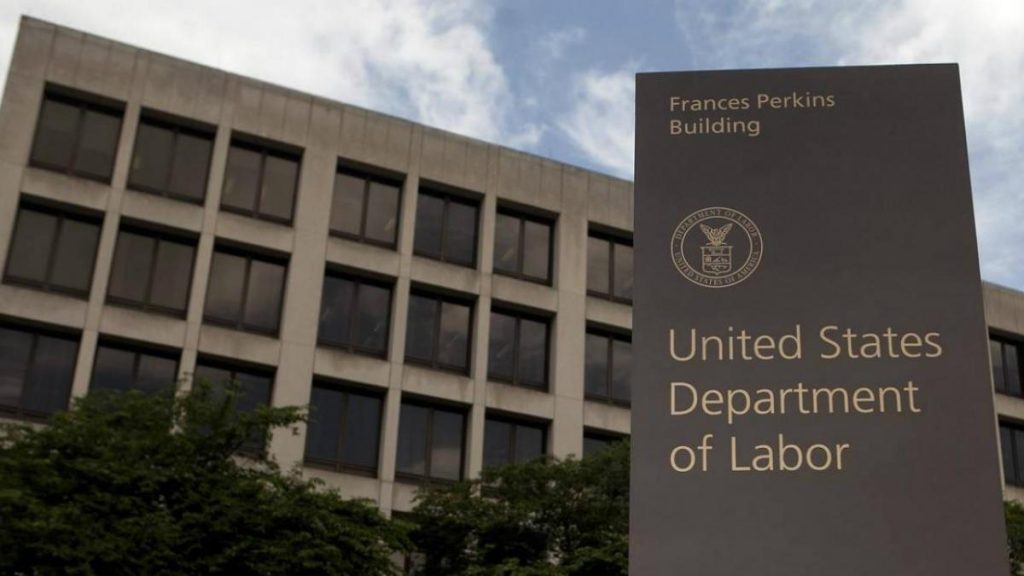The Trump administration has moved forward with plans to overturn a rule introduced by former U.S. President Joe Biden which permitted US retirement plans to consider ESG factors when making investment decisions.
A recent filing with the 5th Circuit Court of Appeals has confirmed that the government has ended its defence of the ESG-focused regulation and has ordered the Department of Labor (DOL) to issue a new rule which will supersede the Biden-era requirement.
Daniel Winik, Labor Department Attorney, wrote:
“On April 25, the government informed the Court that the Department of Labor had determined that it intended to reconsider the rule that is challenged in this case, including by considering whether to rescind the rule. On April 28, the Court directed the government to inform the Court ‘what specific actions the Department will take, if any, as a result of its reconsideration of the challenged rule – either to maintain the rule or to rescind it’.”
Further details of the DOL’s plans are expected in its spring regulatory program. For now, it remains unclear what the agency will repropose regarding ESG and investment duties for ERISA fiduciaries.
The DOL rule allows fund managers for ERISA plans to include ESG considerations in the investment process, and also allows climate and ESG factors to be considered by fiduciaries when exercising shareholder rights, such as in proxy voting, but also requires that such considerations “must be based on factors that the fiduciary reasonably determines are relevant to a risk and return analysis,” such as the economic effects of climate change or other ESG factors on an investment.
During Trump’s first term, pension plans were only allowed to consider pecuniary factors when making funding decisions. At the time, the DOL said that this “unnecessarily restrained plan fiduciaries’ ability to weigh [ESG] factors when choosing investments, even when those factors would benefit plan participants financially”.
Biden’s rule, which was finalised in 2023, enabled retirement fund managers to consider ESG factors in the case of a tiebreaker between two investment options that are equal in terms of financial materiality. It has been subject to legal challenges ever since.
Twenty-six Republican-led states, including Texas, collectively claimed that the Biden rule undermined key protections for the retirement savings of more than 150 million workers. The US Senate also voted to overturn Biden’s ESG ERISA rule back in 2023 – a vote which Biden subsequently vetoed.
In February, a federal judge in Texas asserted that the rule was not undermining ERISA, and that any arguments contrary to this were “wooden textualism that courts should endeavor to avoid”.
Judge Matthew Kacsmaryk, who was nominated to the position by Trump in 2021, previously rejected arguments against Biden’s rule in a 2023 ruling.

